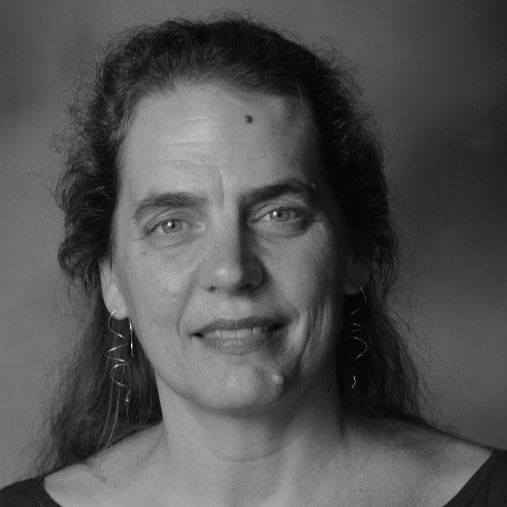
1. How did you start translating Mónica Ojeda’s work? What drew you to it?
I’m a big fan of local publishers Candaya Editores, and when they began publishing Mónica’s novels (Nefando and Mandíbula – soon to be released in Sarah Booker’s translation Jawbone by Coffee House Press) I wished I’d had the time to translate them. When I finally did have time, Candaya was publishing Historia de la leche, so I pounced on it. I was about to attend my first ALTA conference and had the opportunity to pitch it to a few publishers, and everyone seemed excited by Mónica’s poetry, so that encouraged me to continue.
Mónica’s writing is brutally powerful and rich, and the book has a narrative style that drew me in immediately. She takes the Cain and Abel origin myth and, in six sections, recasts God, Cain and Abel as Mother, daughter and sister. Within an overlying theme of destruction, this female trinity explores violence, love and legacy among sisters, mother, and daughters. Reading it felt like entering a newly discovered yet deeply familiar territory.
2. What are some of the main challenges you’ve encountered translating this work?
The biggest challenge was in maintaining the feverish pitch of the narrative while interiorizing Mónica’s deeply intellectual, transcultural references. In my own writing (and translating) I’m more attuned to the musicality of language, and my primary goal is always to replicate the feel and sound of the poetry, but here I was also transfusing Mónica’s take on the likes of Emily Dickinson’s volcano, Lady Macbeth’s unsexmehere, Plato’s Cave, Michelangelo’s Pietà, or Anne Carson’s Oresteia.
Although her native Guayaquil (Ecuador) has little to do with my hometown outside of Boston, its influence informs her world view in a way that seems familiar to me as an American living in Spain. I had to be careful not to confuse the two.
3. What are you reading right now?
I’ve just returned to Barcelona (a month-long visit home turned into 19 pandemic months in the US) so I’m still dipping into Boston Poet Laureate Portia Olayiwola’s i shimmer sometimes, too, and Wellesley College professor Dan Chaisson’s The Math Campers. After listening to Rita Dove read for Cambridge’s Grolier Poetry Bookstore I’m immersed in her Playlist for the Apocalypse.
Coincidentally, as part of Asymptote’s book club, I just finished Robin Myers’ translation of The Animal Life by Keila Vall de la Ville. I’m now starting Overstory by Richard Powers.
poesía en acción | Two Poems from Historia de la leche by Mónica Ojeda and Translator Kymm Coveney

Kymm Coveney was born in Boston and has lived in Spain since the 1982 World Cup. Co-host of Barcelona’s multilingual poetry recital series, PoémameBCN, she is a freelance writer and translator. Her poems have been published in The Blue Nib, Under the Radar, Prole, and The Interpreter’s House. Her translations have been published in Rio Grande Review, The Glasgow Review, and online in Palabras Errantes, Surreal Poetry and LaReversible. She has translated the books Forest Bathing, by Hector Garcia and Francesc Miralles; Tokyo Sketchbook, by Amaia Arrazola, both by Tuttle Publishing; and Nórdica Libros’ Barcelona by Javier Zabala.
Poesía en acción is an Action Books blog feature for Latin American and Spanish poetry in translation and the translator micro-interview series. It was created by Katherine M. Hedeen and is currently curated and edited by Olivia Lott with web editing by Paul Cunningham.